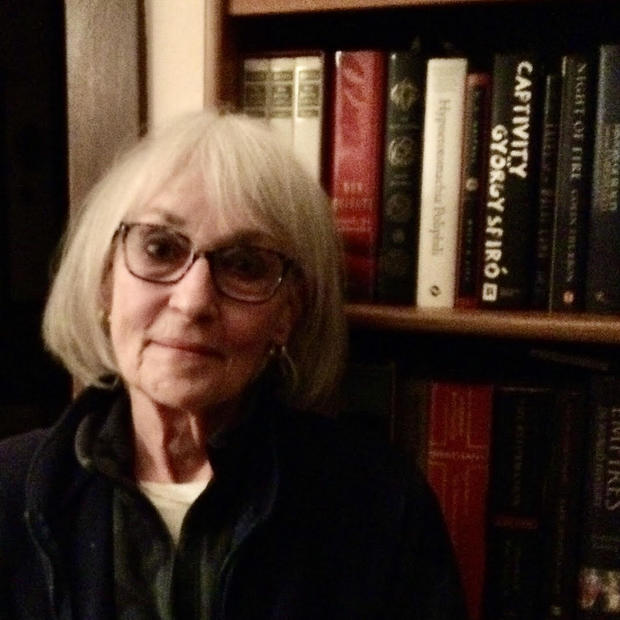Dr. Jim Krieg, orthopedic trauma surgeon at Harborview Medical Center, has just returned from Haiti, where he treated earthquake survivors as a member of the International Medical Surgery Response Team West, based in Seattle. IMSuRT-West is one of three American volunteer teams of specialized medical professionals, firefighters, clinical engineers, and non-medical personnel that can quickly mobilize to establish a fully equipped emergency field hospital in a mass casualty site anywhere in the world. All three teams (IMSuRT-South is in Miami, and IMSuRT-East, also fielding teams to Haiti, is in Boston) are overseen by the U.S. Department of State in conjunction with the National Disaster Medical System.
Krieg spent a week and a half performing surgeries at an emergency field surgical unit his team erected in Port-au-Prince. In a phone interview Wednesday (Jan. 27) he told me, “Our team was activated the day after the Tuesday earthquake, and we flew to Atlanta Thursday to get to Port-au-Prince on Friday. At that point there was a huge international response, and before the U.S. Air Force took charge of flights, there was chaos. We landed [in Haiti] amid planes from countries around the world,” including some, for example Venezuela and Libya, that are unfriendly to the U.S. The confusion created by disorganized operations and landings was complicated by “crowds of refugees, and the airport terminal was nonfunctional, condemned.”
IMSuRT-West was trucked to the U.S. Embassy, where members camped out to wait for their equipment to arrive. “It took two days, including getting the 82nd Airborne in to provide security, which was as important as supplies,” Krieg said. On Sunday his team began to set up in the courtyard of a compound of buildings in a poor neighborhood, where the Gheskio Center has provided free medical care for patients with HIV/AIDS since 1982. “We were ready by Sunday or Monday with a fully functioning hospital,” said Krieg. “One of the DMATs [Disaster Medical Assistance Teams] set up triage. Even before we got there, patients had lined up, and we started treating them. I was a very small part of the team. There were medics, firefighters, nurses, and nursing assistants. What was impressive to me was how hard people worked and how willing they were to multitask, do things outside their usual jobs.”
The last patient Krieg treated stays on his mind. “A 3-year-old boy had an open leg fracture that was a week old. The growth plate was destroyed, and we had to amputate. It hit me hard because I have a son the same age, and when my son had a leg injury last year he got great medical care. Harborview is a high-functioning machine when it comes to treating trauma. Protocols, treatment — it’s almost second nature. Results may not always be perfect, but everything’s pretty predictable.” In Haiti “there were long delays in treatment, thousands of traumatized people wandering around the streets, and no system efficient enough to get patients through in the way needed. So many factors in play.”
Did Krieg return to Seattle with any sense of accomplishment? “My emotions ran the entire gamut,” he told me. “I’ve been to underdeveloped countries before, but Haiti on a good day is probably worse than what Americans could imagine. Now the need is huge.” And the need will persist long-term. “Everyone has to realize that the earthquake’s effects will play out over many years,” said Krieg. “Haiti will have a whole generation of amputees. There aren’t even enough crutches to go around. The entire country needs to be rebuilt.”
A slide show and blog of IMSuRT operations at Gheskio Field Hospital are posted online. Names of UW Medicine and Health Center staff and a description of their volunteer work in Haiti can be found in the Jan. 21, 2010, issue of the UW’s magazine, online at UWeek. The online Wall Street Journal has a fine, urgent article telling how the Gheskio Center clinic's HIV/AIDS program is faring as staff pitch in to help earthquake victims. A fascinating dispatch from physicians in Port-au-Prince, in the Jan. 27 New England Journal of Medicine, describes conditions on the ground and the challenges of erecting a field hospital in the compound that houses the Gheskio Center.


